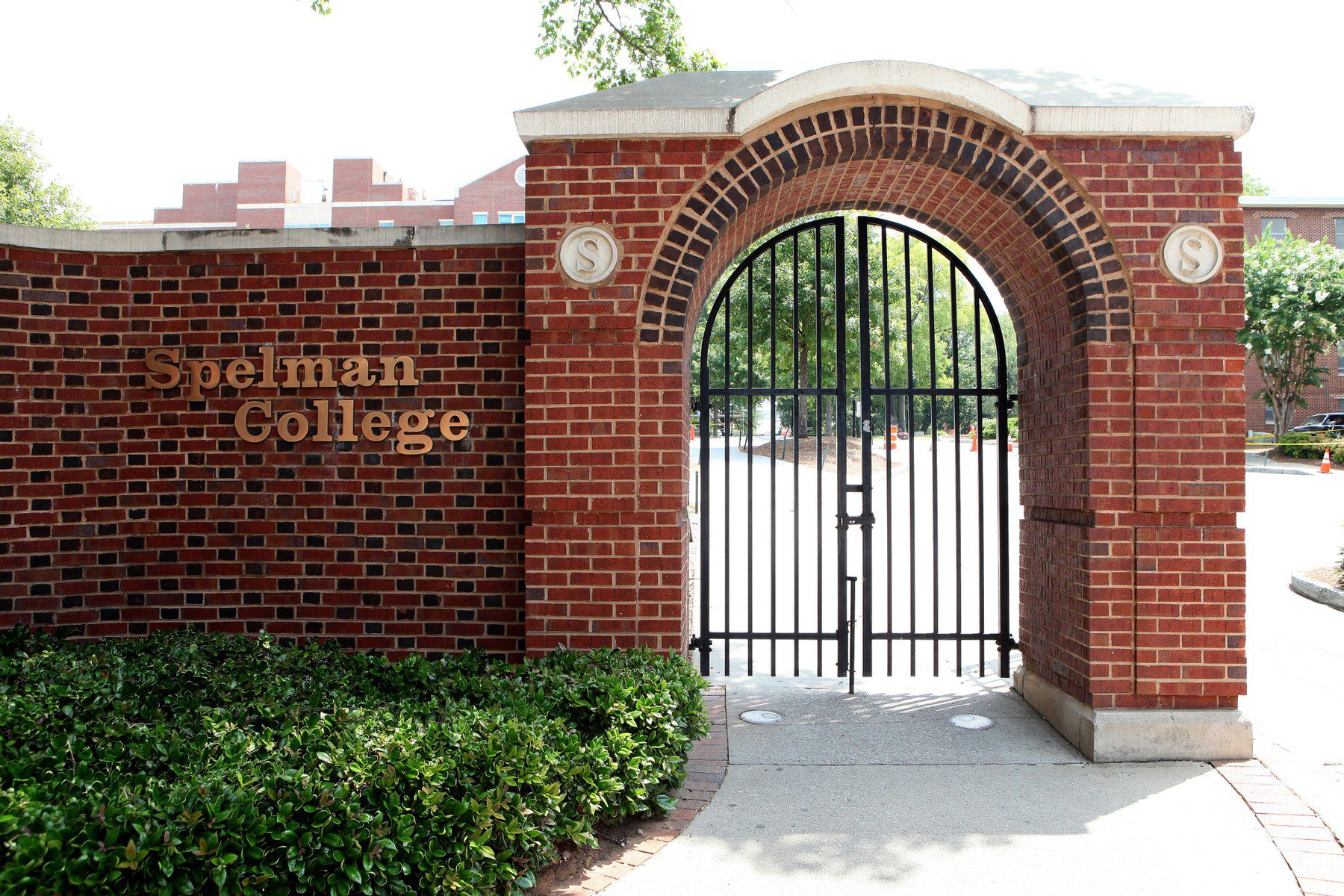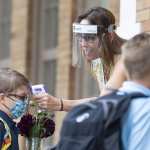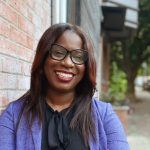Spelman College’s faculty council, the organizing arm for professors at the influential historically Black women’s college, told students on Thursday morning that they would no longer teach in-person classes, citing a lack of “clear and enforceable” safety guidelines from the school administration, per an email obtained by The 19th.
Classes at the college began Wednesday. Spelman, located in Atlanta, is one of the first colleges or universities to feel this kind of pressure from faculty this fall after thousands of instructors at American colleges took a similar stand last summer.
“Our professors just don’t think it’s safe yet,” Kaylin Daigle, a junior at Spelman studying political science, told The 19th. She added that a lot of instructors canceled class Wednesday and Thursday, but the schedule for the rest of the week is uncertain, since the administration has not publicly responded to the faculty council.
Two students told The Atlanta Voice that their professors unexpectedly moved their classes online on Thursday.
The decision from the women-dominated faculty not to teach in-person classes, Daigle said, is another instance of “Black women being trailblazers.” It also comes at a time when people’s physical well-being is at risk, as the COVID-19 Delta variant rages through Georgia.
According to the college’s COVID-19 faculty guidance, all faculty, staff and students were required to get vaccinated for the fall semester and must wear face masks on all campus spaces.
The guide does not detail how the college plans to enforce vaccinations or mask wearing, and notes that unvaccinated students and staff should receive a COVID test at least once every seven days.
The faculty council did not return multiple requests for comment. In an emailed statement, the college said it welcomes faculty input, will continue to monitor COVID-19 spread around Atlanta and Fulton County, and that the school “remains open for in-person instruction.”
Daigle noted that the professors’ action shouldn’t be considered a strike, since faculty didn’t say they would not work at all. She added that although the faculty’s choice to forgo in-person classes will hurt students who face outsized financial burdens (and who moved or took out bigger loans to learn in-person), the situation could have been avoided if the administration had coordinated with faculty earlier or had kept classes virtual.
“I know that I admire the faculty … and I know that they are being trailblazers for educators around the nation today,” she said.
“We’re seen as the leaders for HBCUs,” she added.
Jesse Goldberg, a humanities research fellow at Penn State University who focuses on race, social justice and gender, said that they appreciated the courage of the Spelman faculty council to take action.
“In numerous historical movements, Black women have been at the forefront setting examples for doing the work necessitated by moments of crisis, always at great risk,” they said in a direct message on Twitter.
In many recent coronavirus vaccination campaigns, groundswells to boost voting rights and in collective action taken by essential workers, Black women have been driving forces.
In education, Black women are also fueling deeper conversations on how educational institutions need to better serve Black students and their families during the pandemic.
A recent survey of Black educators, parents and students released by the Black Education Research Collective at Columbia’s Teachers College — in which the large majority of respondents were women — found that the pandemic, police brutality and other major events have eroded the Black community’s trust in the education system.
Black high school students, parents and teachers across several cities in the survey’s focus group described a lack of transparency from school districts as poor during the pandemic, and poor prior to it — deepening community mistrust.
More survey respondents said that ensuring students have the technology to learn remotely — and improving distance and hybrid learning — should be a higher priority for improving Black education than moving towards in-person learning.
Spelman’s faculty are also asking for more to protect their students amid the pandemic.
The instructors’ collective action should be a model for how everyone in higher education should respond to the “pandemic’s very real threat [to] the health and lives of our students, ourselves, and the communities in which our institutions are situated,” Goldberg said.
“I hope more faculty can and will follow Spelman’s example in solidarity,” they said.







